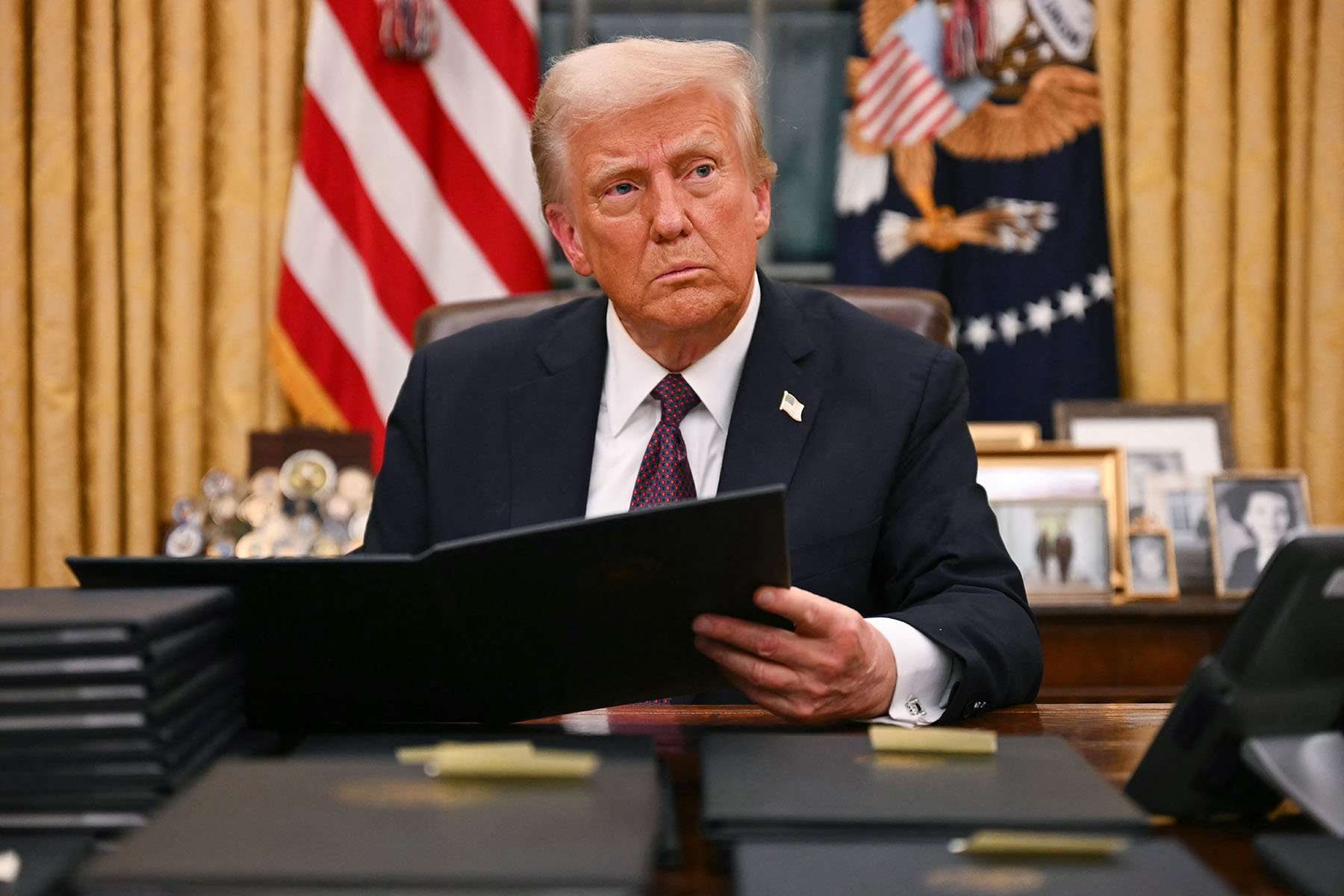Violence erupted at a football match in N’Zerekore, Guinea’s second-largest city, on Sunday, leaving dozens dead and many more injured. Hospital sources described scenes of mass carnage, with bodies filling the local hospital and morgue.
According to a doctor at the scene, around 100 people are believed to have died, though other sources reported “dozens” of casualties. “There are bodies lined up as far as the eye can see,” one doctor said, confirming that the morgue was overwhelmed by the influx of bodies.
Videos circulating on social media, which have not been verified, show scenes of chaos outside the match venue, with numerous bodies lying on the ground. Demonstrators, angry over the violence, also vandalized and set fire to the N’Zerekore police station, witnesses said.
The violence reportedly started after a controversial decision by the referee, which sparked outrage among the fans. This led to the invasion of the pitch by the supporters, escalating the chaos.
The match was part of a tournament organized to honor Guinea’s military junta leader, Mamadi Doumbouya, who seized power in a 2021 coup. This event is part of a series of similar tournaments in the country, as Doumbouya, who is eyeing a potential presidential run, seeks to solidify political support ahead of next year’s elections.
Political Context and Guinea’s Current Crisis
Doumbouya, who overthrew President Alpha Conde in a 2021 coup, had promised to return Guinea to civilian rule by the end of 2024. However, he has since made it clear that he will not relinquish power as previously pledged. In recent months, Doumbouya has promoted himself to higher military ranks, further consolidating his grip on power.
The junta’s rule has been marked by a crackdown on political dissent, with many opposition leaders either detained or exiled. Despite a transitional charter prohibiting members of the junta from standing for elections, there has been increasing support among Doumbouya’s backers for his candidacy in the 2025 presidential elections.
Guinea, rich in natural resources, remains one of the poorest countries in the world, with decades of authoritarian rule having left the nation in a state of political and economic turmoil. Doumbouya’s regime is part of a broader pattern of military takeovers across West Africa, including recent coups in Mali, Burkina Faso, and Niger.
The clash in N’Zerekore has underscored the instability and growing unrest in Guinea, further complicating the political landscape as the country approaches critical elections in the coming years.



